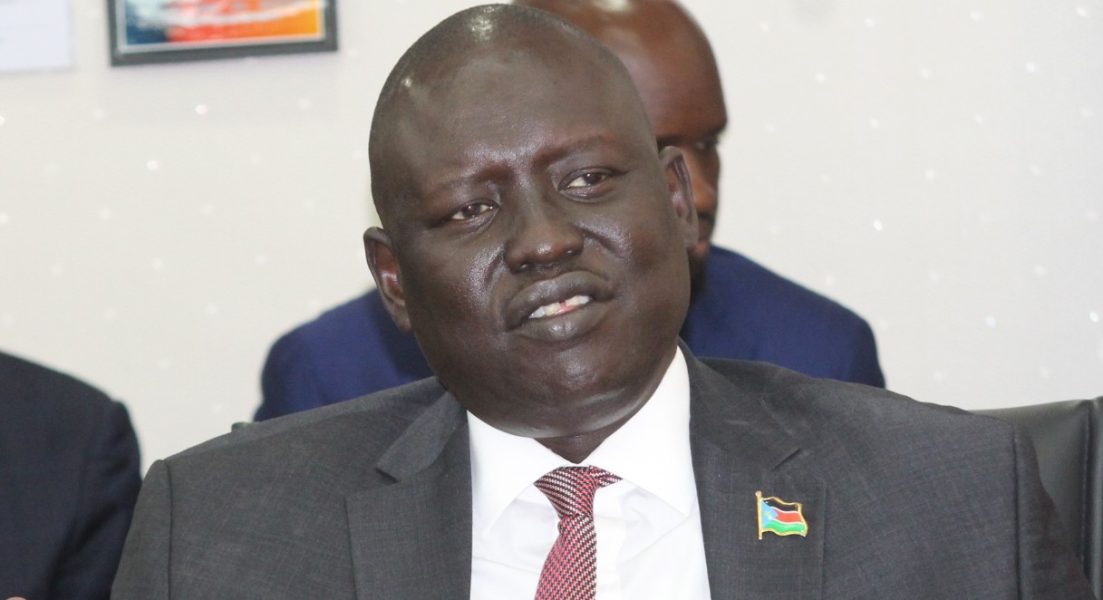
South Sudan’s Transitional National Legislative Assembly is making a move to sort out the dispute surrounding tax collection across the country.
With national and state governments currently clashing over who gets to collect what, the parliamentary finance committee has unveiled a plan to conduct a two-day forum to create a unified tax policy.
This, according to the committee, will bring together key players from both national and state finance ministries, along with revenue commissioners, to get on the same page.
The development comes after a meeting on Saturday between Member of Parliament, Suzan Thomas and South Sudan Revenue Authority (SSRA) commissioner general, Simon Akuei Deng.
Their discussion centered on the duties applied to imported goods, a clear sign of the ongoing issues.
Speaking on the state-run SSBC, MP Thomas proposed an urgent two-day workshop to gather finance and revenue officials from national and state levels, including those from the three administrative areas.
“We are going to call for a two-day workshop to bring together state ministers and commissioners general from the three administrative areas,” Thomas said.
“The goal is to present a benchmarking study of the seven countries in the region. This will help South Sudan draft tax policies that enable the government to effectively collect taxes and also support agricultural producers by creating markets for their goods,” she added.
The parliamentary push comes at a time, Central Equatoria State and South Sudan Revenue Authority are locked in a dispute over tax collection in Juba, each claiming the right to collect taxes within the capital.
This month, the disagreement escalated. Central Equatoria state government firmly believes that the transitional constitution grants it the authority to collect its own taxes without interference from the SSRA.
The situation deepened when the SSRA commissioner announced plans for a door-to-door taxpayer registration and zoning exercise across Juba, dividing the city into ten zones.
The move, however, didn’t sit well with the CES government, leading SSRA Commissioner General Simon Akuei Deng to temporarily suspend the registration.
“As a public institution committed to upholding the principles of transparency, accountability, and inclusiveness, SSRA recognizes the importance of meaningful engagement with all relevant actors in the country’s tax ecosystem,” noted Commissioner General Deng.
He further explained that the suspension was a strategic move to allow for broader consultations with various stakeholders, including business leaders, local government, civil society organizations, and development partners.
It now seems that the Parliament is hoping the upcoming workshop will be the key to finding a lasting solution and bringing order to the country’s tax system.

